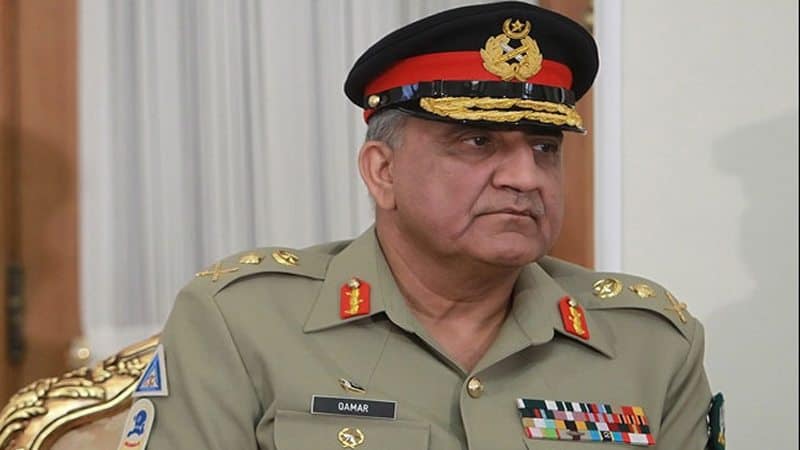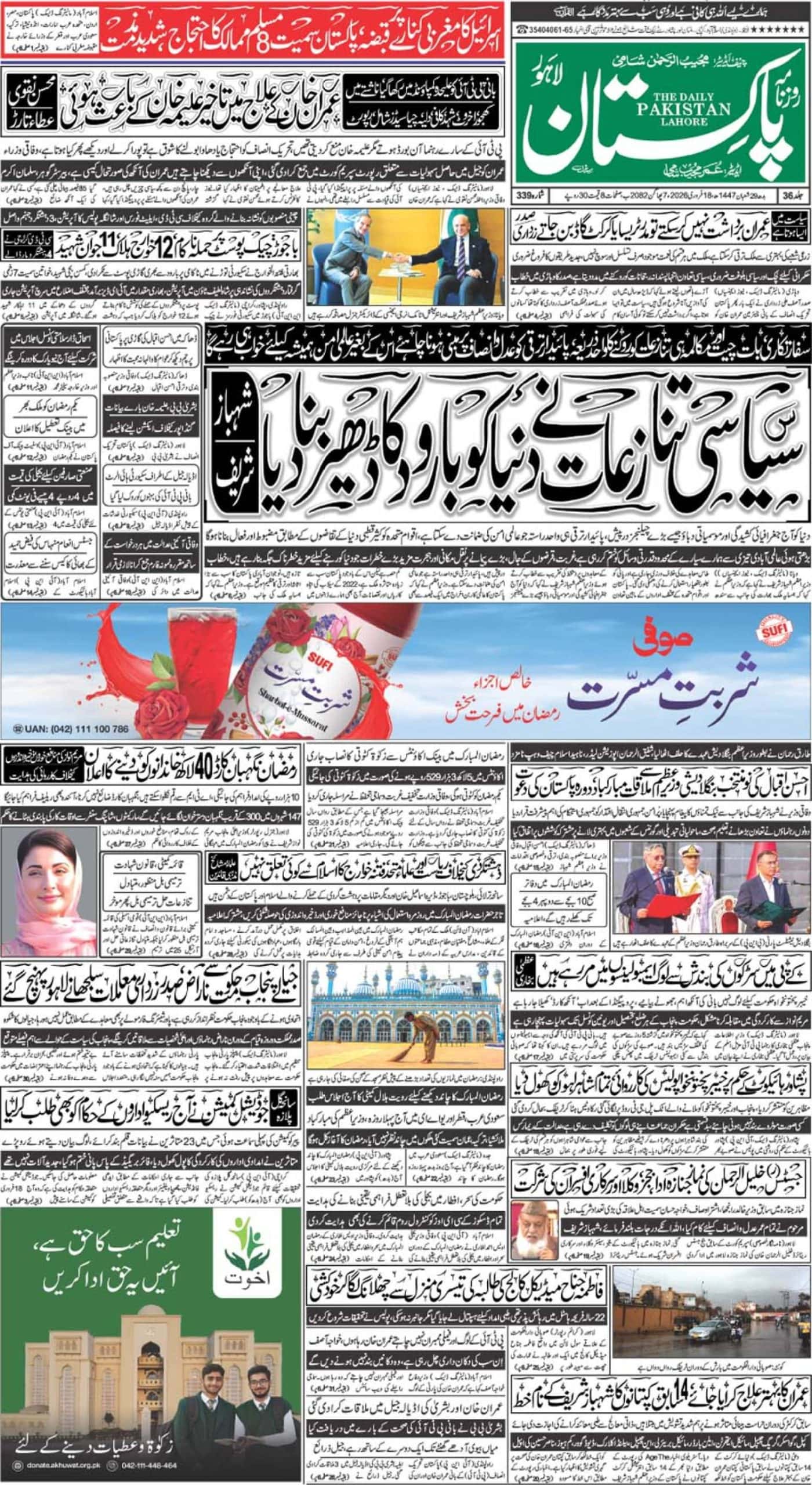RAWALPINDI – Chief of Army Staff (COAS) General Qamar Javed Bajwa on Tuesday emplaned to Kabul on the invitation of Afghan President Ashraf Ghani, Inter-Services Public Relations (ISPR) reported.
According to military’s media wing, “Pakistan wishes to see National Unity Government and US / NATO succeeding to bring peace in Afghanistan”.
https://twitter.com/OfficialDGISPR/status/1006418001313353728
The invitation was extended by an Afghan delegation in May on behalf of the Afghan president to Bajwa for visiting Kabul which he accepted.
On May 27, Afghanistan’s National Security Adviser Haneef Atmar led a high level delegation in talks with Pakistan army chief General Qamar Javed Bajwa in Rawalpindi and both sides also vowed to “undertake measures that would assist both sides in reduction of violence at the hands of terrorists”.
The Army chief’s visit comes a day after Pakistan and Afghanistan have agreed to deploy liaison officers in each other’s capital and establish coordination centers along the border to share intelligence on militant suspects.
https://en.dailypakistan.com.pk/headline/pakistan-afghanistan-to-deploy-liaison-officers-set-up-coordination-centers/
The director generals of Military Operations (DGMOs) of the two countries met Sunday in Rawalpindi to explore ways for further cooperation in security areas.
DGMO Major General Sahir Shamshad Mirza led Pakistan’s delegation, while Afghan side was led by Najibullah Alizai. The meeting was held at a time when both sides have increased interaction and bridged trust gap.
Officials said both sides agreed to deploy liaison officers and establish Ground Coordination Centers (GCCs) for intelligence sharing and to monitor cross-border movement of the militants.
Liaison officers will share information if they receive about the presence and activities of militant suspects to the host country and will accompany the security officials during raids against the suspects.
GCCs will be established at Torkham and Chaman, two main crossing points between Pakistan and Afghanistan to monitor the cross-border movement of the militant suspects.
They also discussed names of the members for the joint working groups on “Military to Military Coordination and Intelligence Cooperation” under the Afghanistan-Pakistan Action Plan for Peace and Security (APAPPS), which provides a framework to deepen interaction in all spheres of bilateral engagements.













